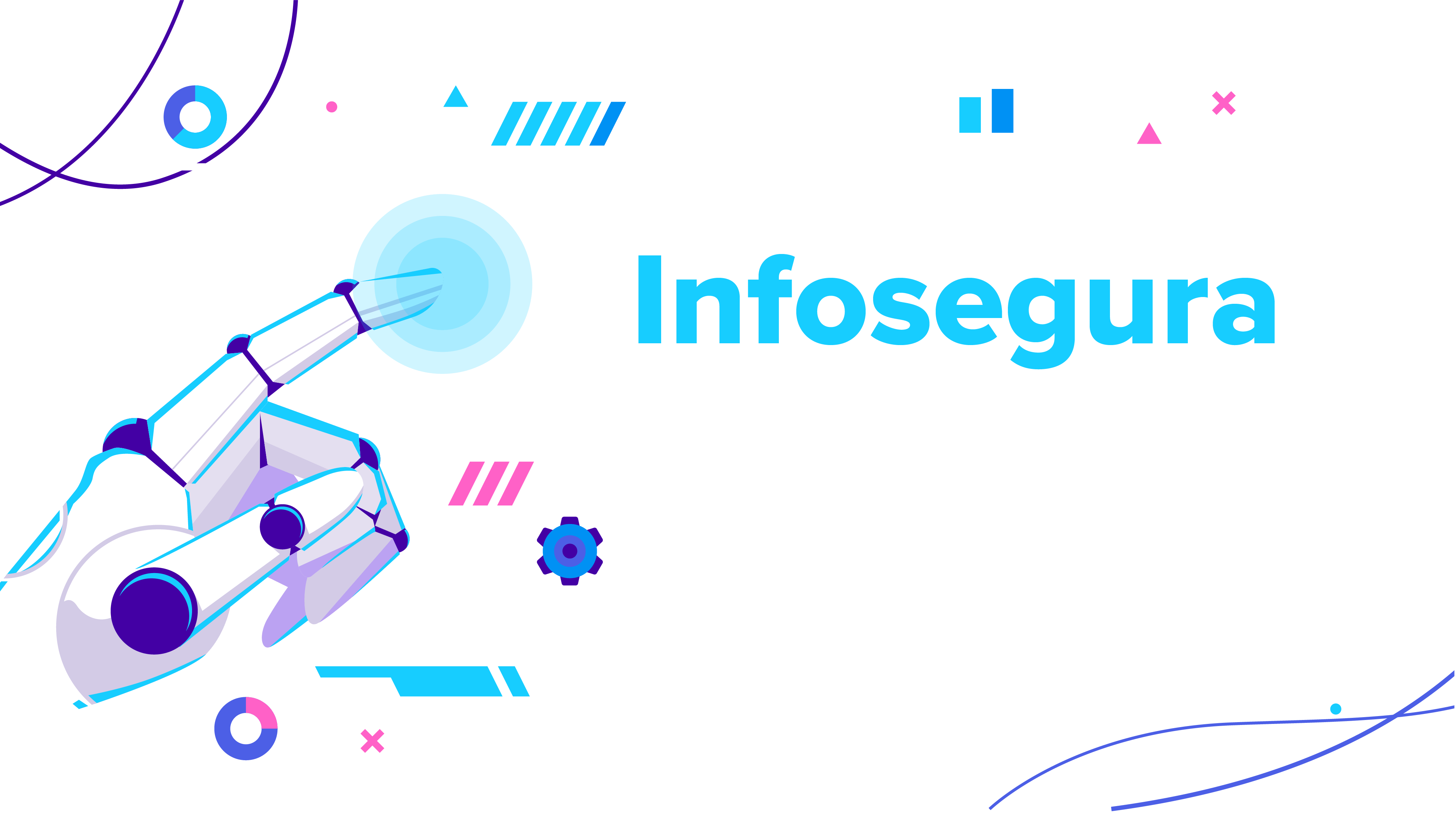
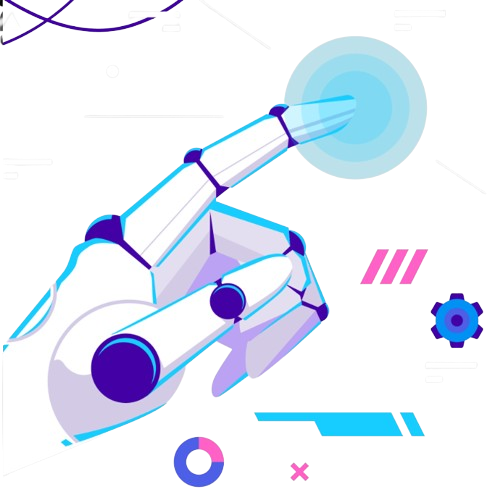
In technology, the present is already the past. The digital world evolves constantly and this affects all aspects of our world, creating new ways of working or relating to each other, new potential for creativity and innovation, and a huge potential for improving people’s lives.
Mobile technology, artificial intelligence, machine learning, blockchain, the internet of things or robotics are great drivers of change. They are present in almost all areas of our lives, from economy to government, including social relationships or health and security.
InfoSegura sees supporting the digital transformation of countries as a key to improving evidence-based citizen security policies and achieving the Sustainable Development Goals (SDGs) by 2030. Digitalization and building digital ecosystems open up great opportunities for driving sustainable human development forward, reducing insecurity, improving health and education systems around the world, and mainstreaming intersectional and gender approaches, protecting the environment or improving institutional effectiveness, and others.
Why
focus on
digital transformation
Digitalization processes are already part of sustainable development; the challenge is providing the population with deeper and wider access. However, the technology itself is not the most important thing, rather it is governments being able to leverage technology to address daily challenges, and access for all; and this requires connectivity, equipment, skills and good use, as well as adequate regulatory frameworks. This is what digital transformation for human development is really about.
That is why InfoSegura has worked for years supporting this transformation, helping build data ecosystems in the countries and working to develop tools that facilitate automated analysis of the information that governments and societies generate.
The way InfoSegura sees it, data must not be shelved. We want them to be a part of achieving real impact for effective change. Consequently, our digital communications strategy includes the dissemination of analysis, studies, reports and surveys by all means available, from social media to our web page that is updated on an ongoing basis with news and blog articles, even webinars, as well as online and offline courses and events.
And we taken this digital transformation a step further by using technologies such as artificial intelligence for data management or presenting data in an interactive and innovative way.
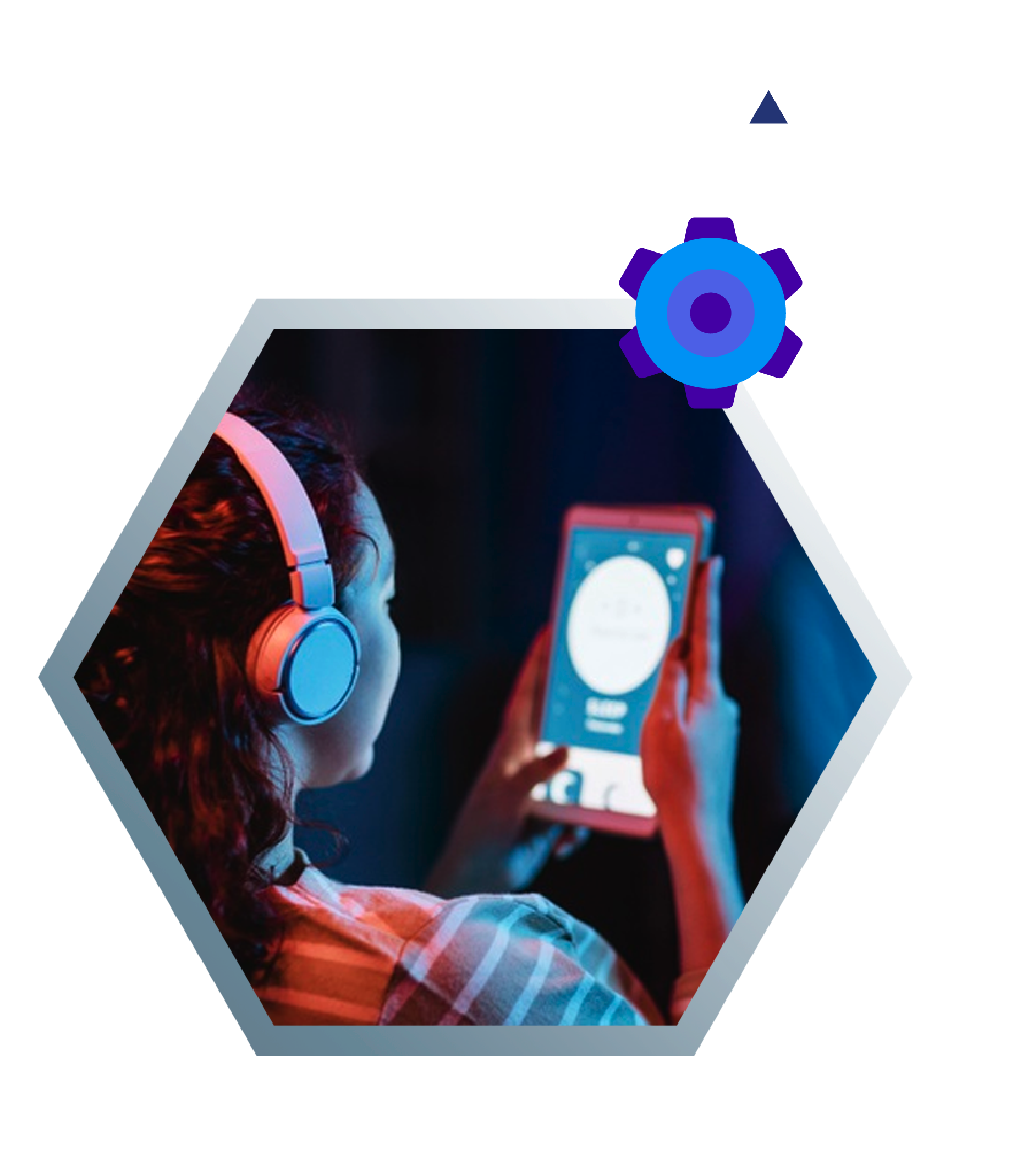
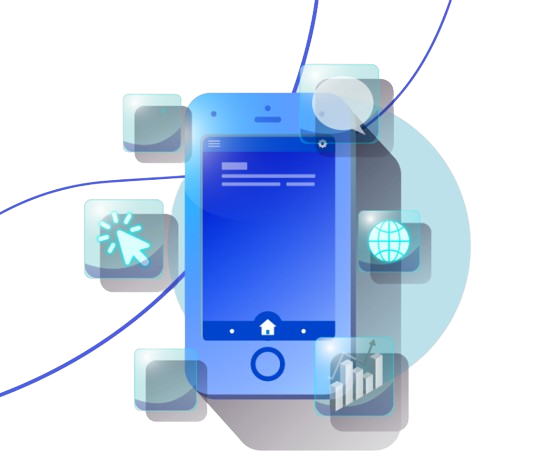

One of the cornerstones at InfoSegura is the DatAction community of practice that facilitates knowledge exchange and capacity transfer, as well as discussion and analysis of the challenges and opportunities for public policy in the region. By exchanging information in person or online, we share innovative solutions and tools to support citizen security policies, strengthening each institution according to its needs.


Ongoing and systematic training courses are vital for the sustainability of institutional capabilities for information analysis, usage and exploitation. That is why our Moodle-based TrainAction platform focuses on reinforcing the technical skills of governmental personnel in charge of managing information on citizen security.
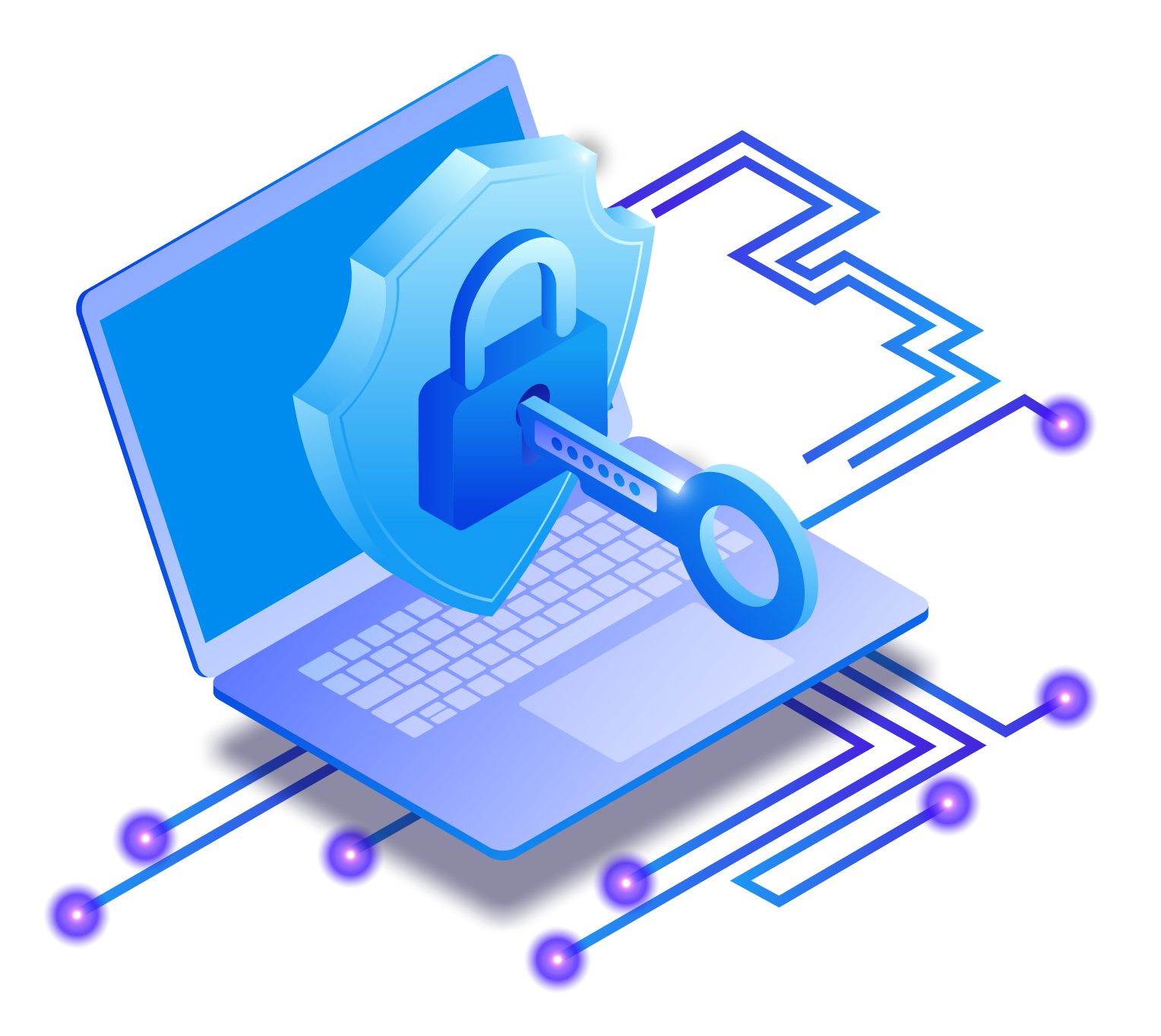
Data Visualization Tools
At InfoSegura we develop innovative data-visualization tools like dashboards for detailed analysis of citizen security and violence, and promoting evidence-based decision making. Our mission is the systematic dissemination of information, contributing to transparency and increasing the trust people have in institutions.
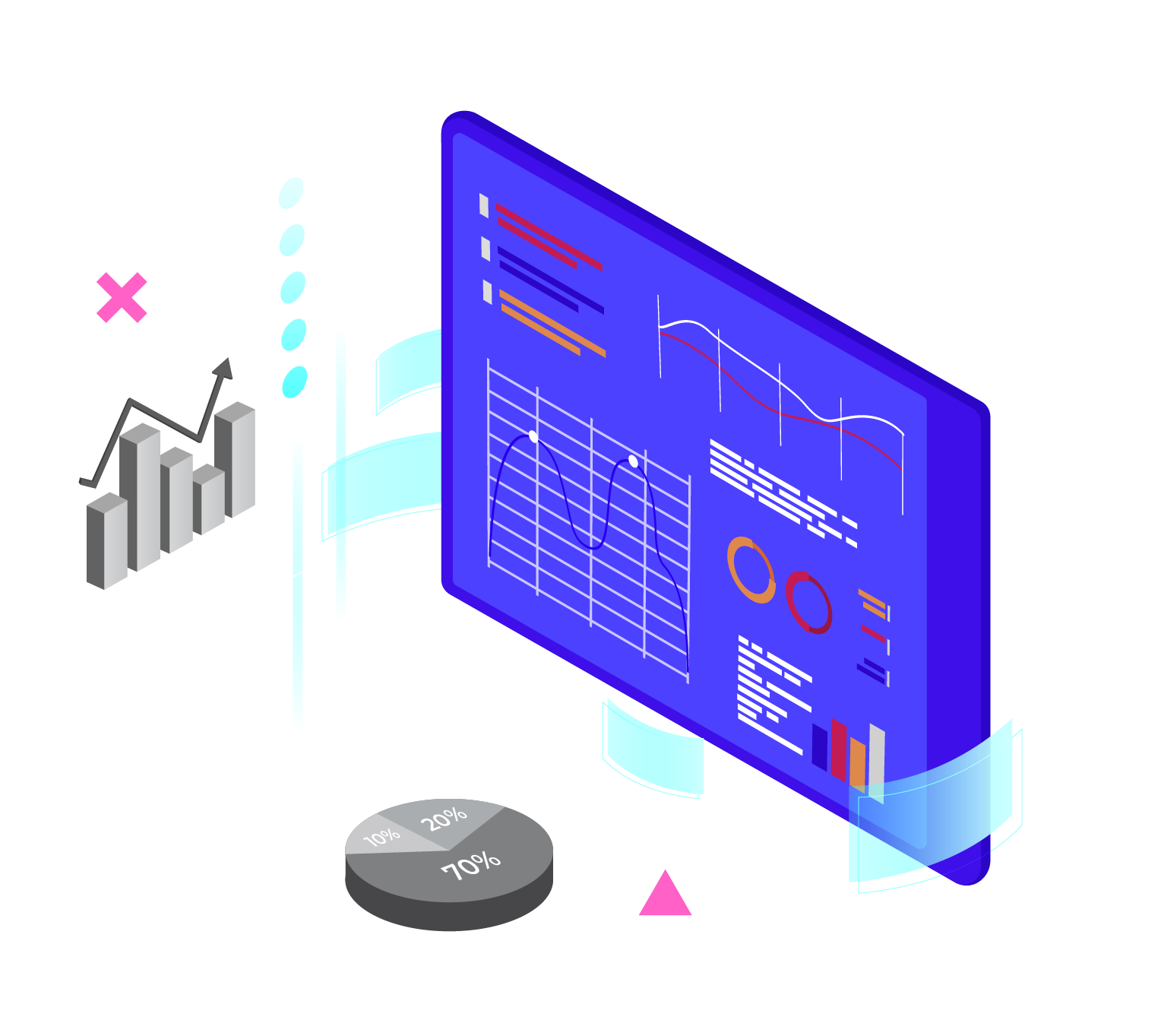
SARA Chatbot
This artificial-intelligence enhanced chatbot offers guidance for preventing violence against women and girls. This provides an alternate means of communication for individuals who are hindered from communicating through more conventional that put them in danger, like the phone. SARA makes technology accessible and safe, helping to reduce violence against women and girls.


InnovAction is a data base of innovative experiences that sets the stage for discussions in the community of practice and to identify solutions that can be replicated as needed. It contains over 100 significant practices and experiences from throughout Latin America and the subregion of Central America and the Dominican Republic. Here we have achieved an open digital ecosystem that is safe and inclusive, contributing to expansive and measurable outcomes and also bolstering self-reliance in the countries in the region.
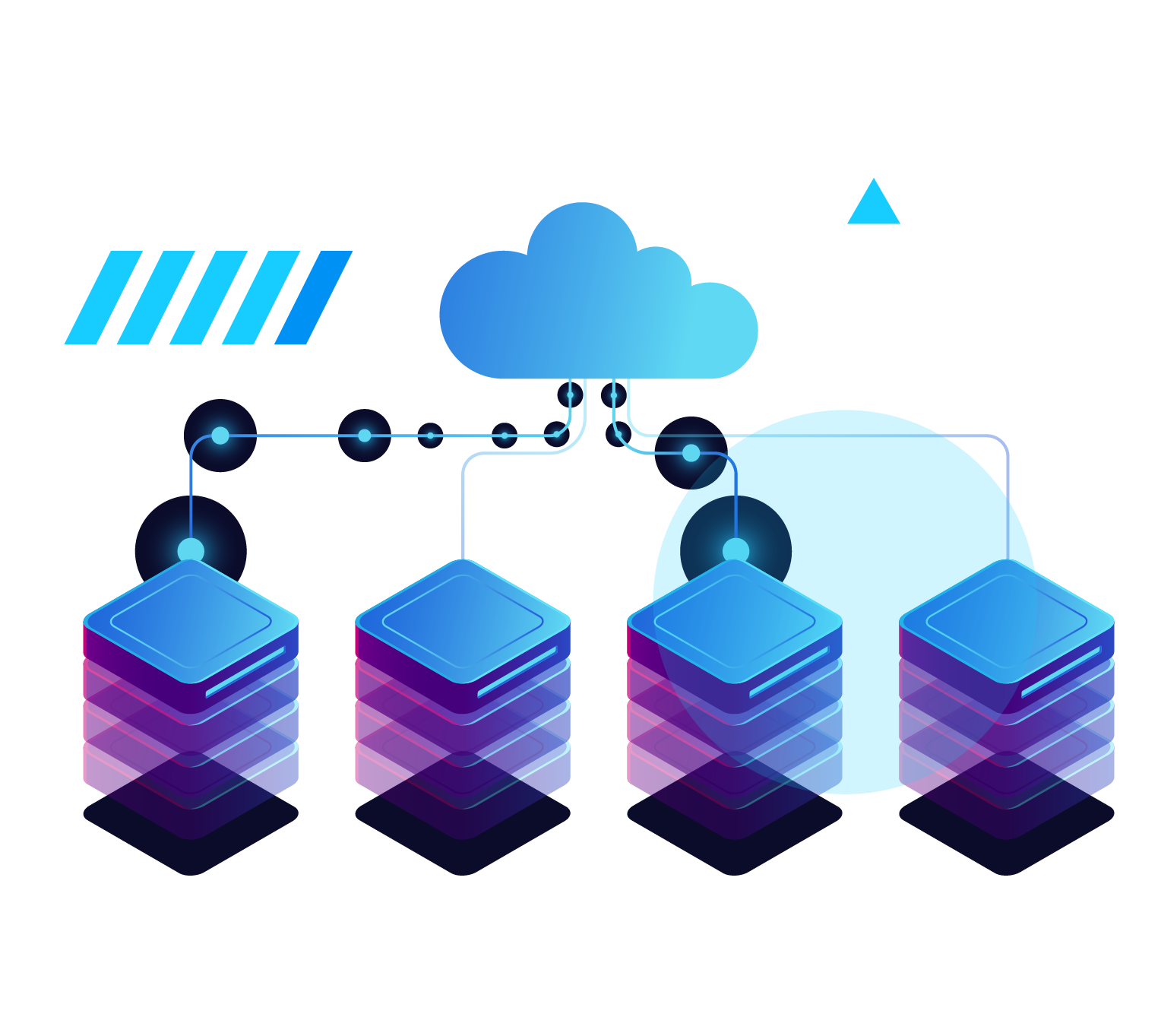
Applied
transformation
The road from theory to practice is not always plain and simple. Thanks to a multidisciplinary team and some concrete and well-defined objectives, InfoSegura has led innovative projects to enhance citizen security in the region in a transformational zeitgeist.
By focusing efforts on the efficiency of data collection, management and processing, the project has developed integrated information platforms and visualization tools, reinforcing the capability of different governments in the region for evidence-based decision-making.
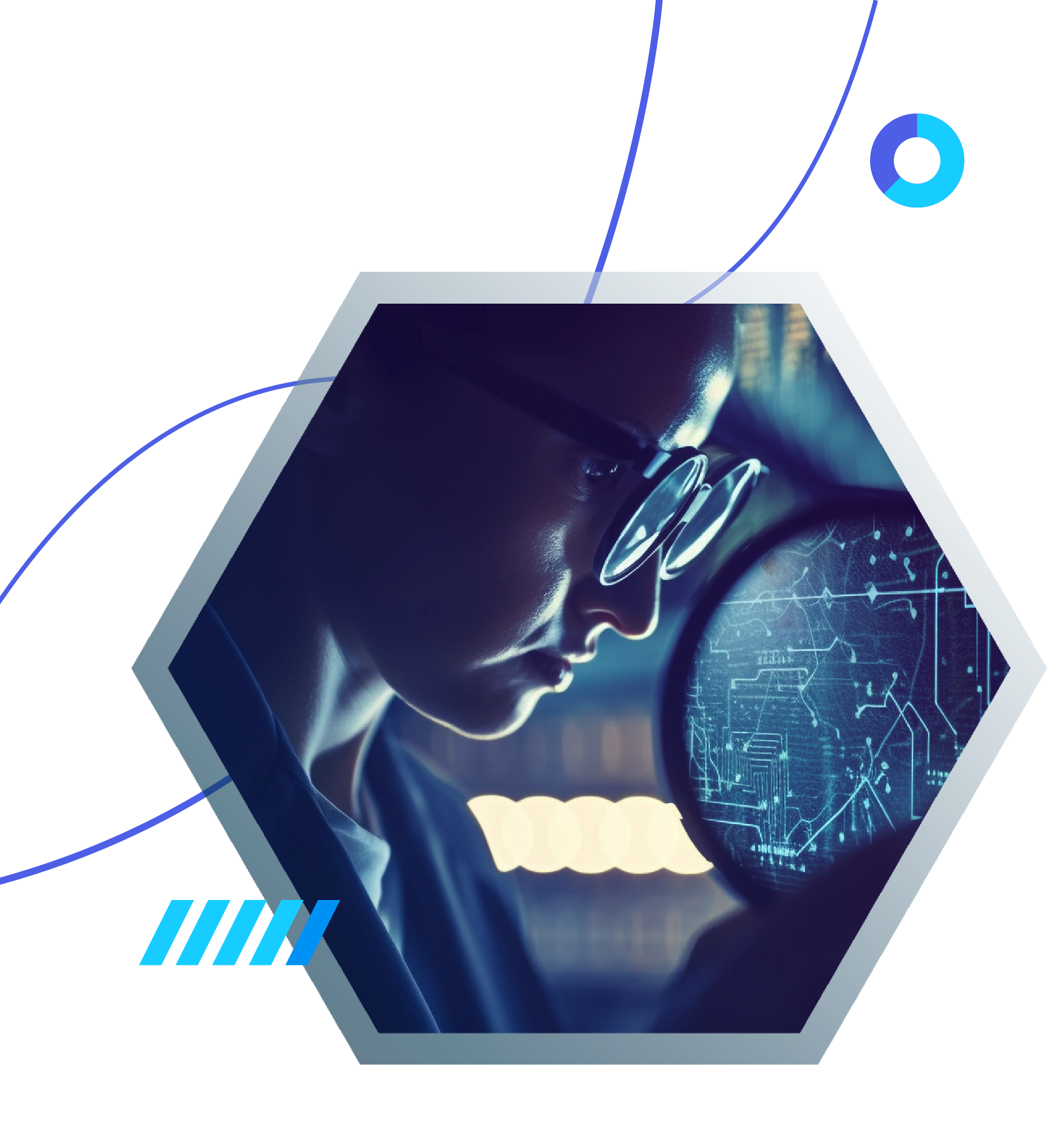
InfoSegura and digital transformation
▪ Integrated information systems.
• Data from different public institutions combine in a user-friendly interface to generate multidimensional analysis and responses. The objective is to make visualizing and analysing easier to apply in evidence-based decision-making. This is a key step towards and open-data policy. Our systems include data visualization and automation, georeferencing and other tools that InfoSegura designed. Since the start of the project, integrated information systems have been developed in six countries, namely Honduras, Belize, El Salvador, Guatemala and Costa Rica. The following are only two examples:
• Information system with over 600,000 reports of cases provided by seven institutions in charge of security in Honduras
• Information system at the Justice System Statistics Unit (CEDIJ) with almost one million records, speeding up response times for information requests by citizens or other institutions of Honduras.
▪ School Violence Warning System (SALVE 4.0)
This is a specialized system that registers and manages reports of violence, conflicts and rights violations submitted through different channels in El Salvador. This tool is an innovative response to the needs of the education community, generating information and shedding light on acts of violence that would otherwise go unreported and unchecked. It helps in preparing violence prevention and response strategies.
▪ Developed new and innovative website for the National Statistics Institute (INE) in Honduras. This tool provides updated information on Honduras to the general public and decision-makers with clear and concise indicators. This contributes to the open data policy.
▪ Development is underway of an information system to automate processes, provide visualization and data analysis, thereby improving the effectiveness and efficiency of the National Forensic Science Institute (INACIF) in Guatemala.
